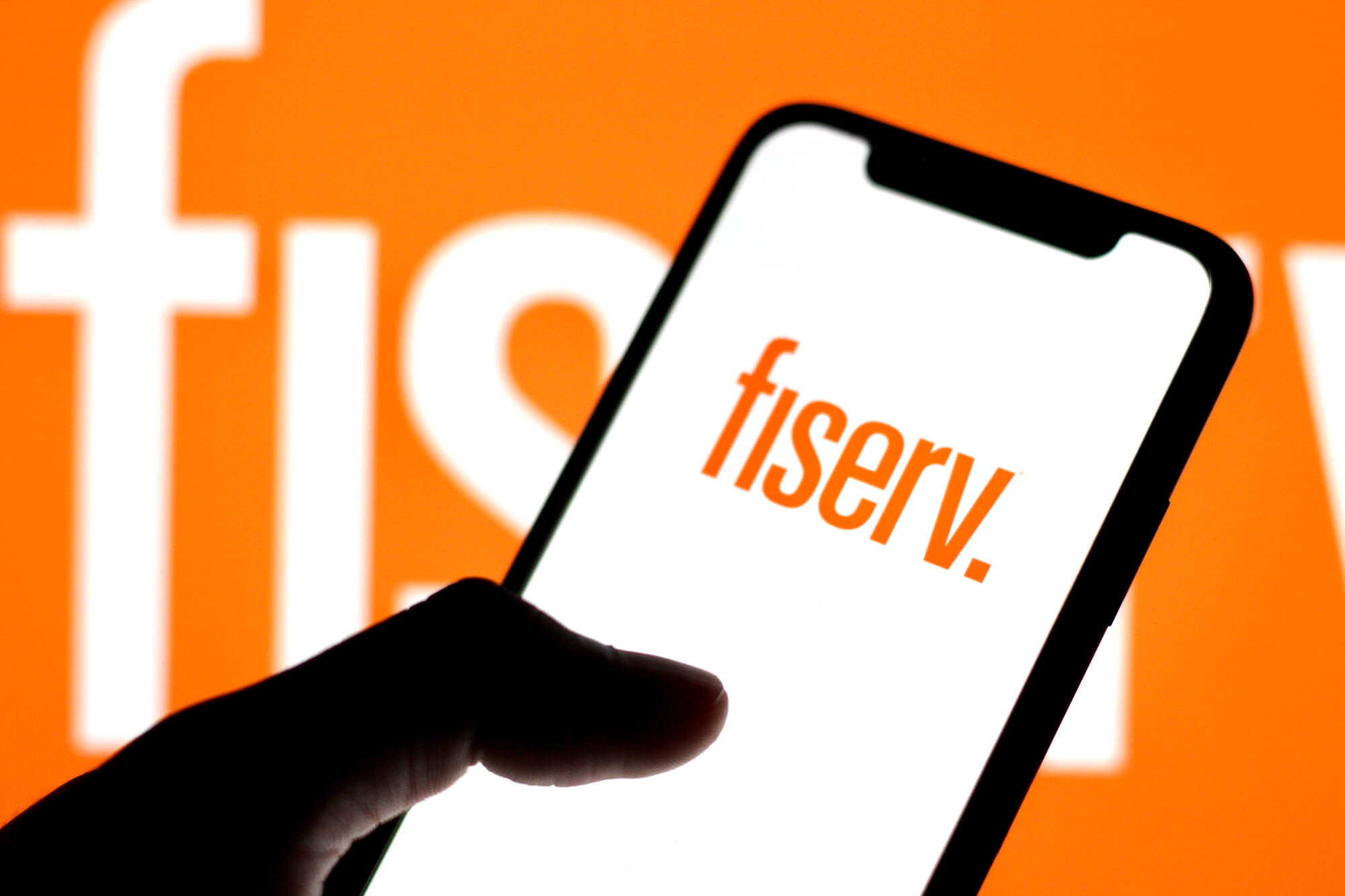Fiserv Shakes Up Finance: Launches FIUSD Stablecoin with Circle, Paxos & PayPal Backing

Big banks just got a crypto wake-up call. Fiserv—the $90B payments giant—just dropped FIUSD, a new dollar-pegged stablecoin backed by heavyweights Circle, Paxos, and PayPal. Because nothing says 'innovation' like legacy finance scrambling to catch up with blockchain.
Why this matters:
- First-mover advantage: Fiserv's 10,000+ bank clients now get a regulated on-ramp to digital assets
- Triple-threat partners: Combines Circle's USDC dominance, Paxos' institutional cred, and PayPal's retail reach
The punchline? After years of dismissing crypto as a 'fad,' traditional finance is now paying to play in the sandbox they tried to bury. The irony's thicker than a banker's bonus.
Designed with banks in mind
FIUSD was specifically designed with existing banking infrastructures in mind. According to Fiserv, the stablecoin will especially benefit smaller and regional institutions-such as the approximately 3.000 so-called community banks-by allowing them to adopt digital payment methods without incurring additional integration costs. This is supported by embedded features for regulatory compliance and automated transaction processing.
In the market, the announcement was seen as a signal of increasing regulatory clarity in the stablecoin sector. One contributing factor is the recently passed GENIUS Act resolution in the US, which is intended to serve as a framework for the institutional use of digital payment instruments.
Implications for payment systems
The project aims to make cross-border payments faster and more cost-effective-Fiserv highlights FIUSD's ability to enable 24/7 settlements and offer interfaces to PYUSD and other stablecoins. This could make FIUSD a key tool for real-time payments in commerce.
For the technological implementation of FIUSD, Fiserv is relying on the solana blockchain, which is known for its exceptionally high transaction speeds and low fees.
With this choice, Fiserv positions itself squarely in the competition for high-performance stablecoin infrastructures that not only enable but also efficiently handle real-time payments. The selection of Solana also underscores the platform's growing acceptance in the institutional space, as major corporations such as Visa, Shopify, and others have integrated Solana-based solutions in recent months.
Fiserv's entry into the stablecoin market significantly intensifies competition. While the field has so far been dominated primarily by FinTechs like Circle, Tether, or PayPal, an established infrastructure provider with DEEP roots in the banking sector is now entering the scene. The close integration with traditional financial institutions could give FIUSD a structural advantage-particularly over crypto-native offerings, which often face regulatory hurdles when trying to integrate with the banking system.

